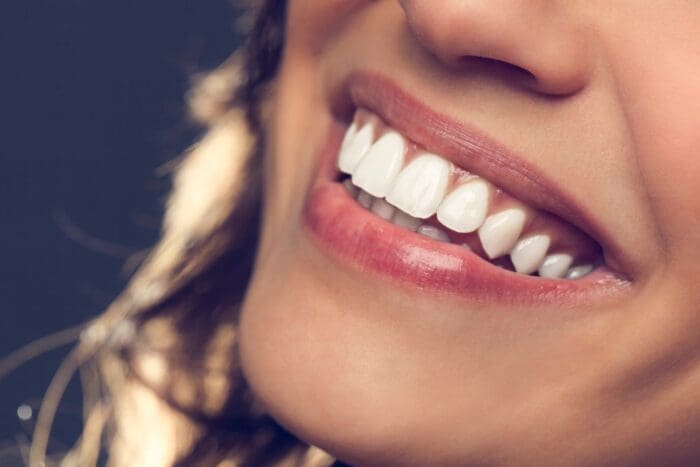Your mouth naturally features bacteria, which will require at-home and professional dental care to keep it balanced. Otherwise, oral bacteria will linger on your teeth and eat at your dental structure. If bacteria create a hole in your tooth enamel, you will form a common dental issue known as a cavity.
Most of us will suffer from a cavity at some point. And you might already know that your dentist can get rid of a cavity with a dental filling. But you should preserve as much of your natural dental structure as possible with preventative oral health care.
If you have early signs of tooth decay, you can take action to stop it from spreading and forming a cavity. Read on to discover three ways you can reverse tooth decay before it wreaks serious havoc on your dental health.

Limit Acidic Foods and Beverages
Your teeth can become susceptible to decay due to weakening within the tooth enamel. Enamel might erode or wear down if you consume acidic foods and beverages. Acid within these items, like citrus fruits and juices, will eat away at your teeth to make them weaker. Then bacteria can more easily penetrate and cause damage to your smile.
Once thinned and weakened, enamel will not grow back, which means your teeth will continue to be susceptible to decay. You can avoid weakening your teeth further by avoiding these acidic foods. Sugar becomes acidic when it reacts with saliva, so you should limit added sugar in your diet too.
Tobacco products also contain acid that can harm your dental structure. Stop smoking to protect your smile. Learn about foods that can strengthen your teeth rather than weaken them by talking to your dentist.
Maintain Good Oral Hygiene
Your mouth’s natural bacteria will form a film of plaque over your teeth throughout your day. The bacteria in this plaque will erode your enamel, so you must remove it in a timely fashion through oral hygiene.
Good oral hygiene involves brushing your teeth at least twice per day, including mornings and evenings, flossing daily, and attending routine teeth cleanings at your dentist’s office. The keys to proper oral hygiene are consistency and good technique.
Skipping oral hygiene means that plaque will stay on your smile and have time to create irreversible damage to your enamel. Brush and floss your teeth with purpose so that you can thoroughly remove plaque and not leave any build-up behind. Your regimen will not reach all harmful residues in your smile, so continue to visit your dentist to maximize oral hygiene and keep teeth strong enough to resist decay.
Consider Fluoride Treatment
Fluoride refers to a mineral in many foods and beverages that absorbs into your teeth and fortifies the enamel. It makes the teeth better able to fight decay, reducing your danger of forming cavities. These advantages are why dentists recommend using toothpaste and mouthwash that contains fluoride.
You can also ask your dentist about fluoride treatments during your next check-up. The dentist can apply fluoride to your teeth for targeted and thorough protection for your smile. Learn more about preventative dentistry by scheduling a dental appointment today.
